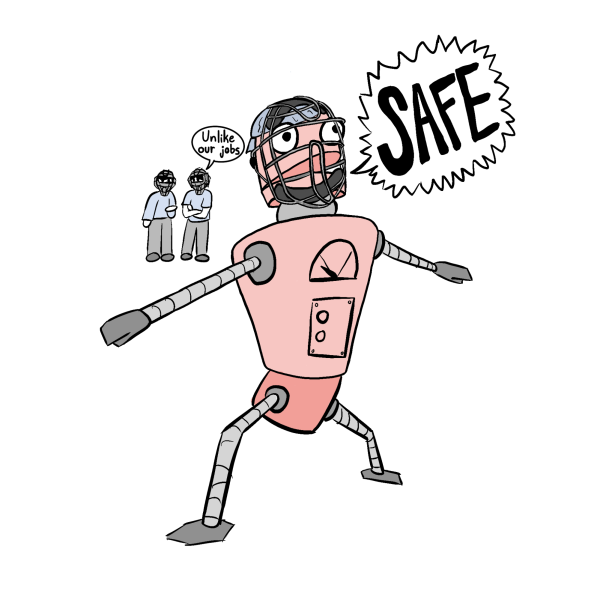Making Greek Life more inclusive
“We are committed to relationships built on trust through transparency, accountability and mutual respect.” That is a part of the mission statement of the National Panhellenic Conference, an organization that advocates for and supports sororities nationwide. Many other Greek life organizations have similar mission statements, laud their dedication to respect and aim to uplift their members through community and integrity. What is not mentioned, however, and what is often brushed under the rug when it comes to Greek life, is that this community is generally geared towards one specific demographic: white college students.
Greek life in America really started to grow in the 19th century. People of color were still being barred access to universities, and the few who were let in were actively excluded from fraternities and sororities by discriminatory recruitment policies, often ingrained in the organization’s own constitutions. This trend continued for decades. It was not until the 1950s, after the Supreme Court ruled that the segregation of schools was unconstitutional, that national organizations started to remove discriminatory language from their constitutions. However, many did not actually address their long-held discriminatory practices even then.
Today, even if the discrimination isn’t always as overt, many students of color feel as though they are not welcome among panhellenic organizations. Whether it’s through denying bids to students of color, holding non-white members to unfair and unrealistic standards or turning a blind eye to racist language and iconography, national Greek life is often not welcoming to marginalized communities. This is even more concerning when we think about the social — and sometimes political — power that Greek life holds across the nation, as the connections and community provided by each organization help push its members to success.
Many of the issues in panhellenic organizations stem from the fact that they are national organizations. This means the members must answer to a national-level leadership that is more entrenched in systemic racism due to a longer and closer history with the exclusive and discriminatory nature of Greek life. This makes it much harder to enact progressive changes on an organizational level, let alone nationally. Trinity is lucky, in that our Greek life is all university-specific. There is no larger national board each organization must answer to, making it easier to diverge from historically exclusionary practices.
However, this doesn’t mean we are freed from the burden of systemic inequality. Trinity did not desegregate until 1955. By this time, the Bengal Lancers and Triniteers fraternities and the Chi Beta Epsilon, Sigma Theta Tau and Spurs sororities were already established on campus. While it is true we are free from the pressures of a national organization that seeks to stamp out or cover up inequalities and that our organizations do not date back to the 1800s, to say that we are free from systemic racism just because our Greek Life is local and not national would be false.
As Diversity, Equity and Inclusion (DEI) chair of a sorority, Chi Beta Epsilon, I have found that many are willing to learn about DEI topics and are looking to improve their own clubs. However, we should not become complacent in thinking that we are above the systemic issues that plague national sororities and fraternities. At the end of the day, Trinity University is still a predominantly white institution and with that comes a degree of marginalization whether intended or not.
Trinity’s DEI programs already play an important role in fostering accepting communities on campus. Each Greek life organization has a DEI curriculum they must learn and discuss as a club which is curated with certain topics meant to create conversation and thoughts about inclusivity. That being said, we can definitely do more. Putting more emphasis on going through the DEI curriculum without just trying to get it over with and actively communicating with organization members to find ways to make clubs more inclusive are only a few larger-scale ways to improve on what we already have in place.
Individual members can also play a role in making Greek life, and Trinity’s campus as a whole, more inclusive. Actively reading or watching the DEI materials, participating in group discussions, accepting constructive criticism and holding other club members accountable would go a long way in improving inclusivity. Greek life was created with the intention of making a community: now, we just need to make sure it’s a community that all are welcome in.

My name is Ashwini Vivek (she/her) and I am an Opinion Writer for the Trinitonian! I am a senior Neuroscience major from Dallas, and I'm also involved...






